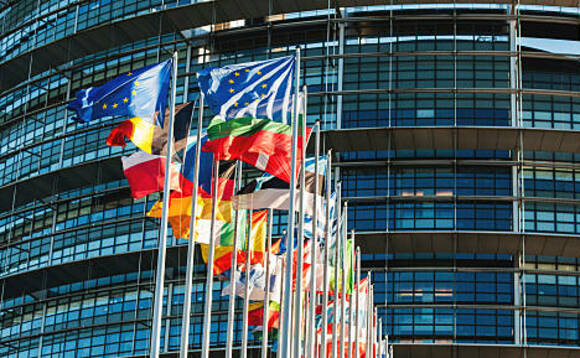Members of the European Parliament's Civil Liberties Committee (LIBE) have voted in favour of adopting a report updating the 2011 Single Permit Directive, intended to speed up the issuance of work and residence permits for nationals of third countries and to improve their rights.
The committee voted 47 in favour, 13 against, and with no abstentions, to amend the European Commission's proposal to include seasonal workers or those with temporary protection status. EU member states would retain the power to determine how many third-country nationals can enter their territory for work.
The MEPs set a limit of 90 days for reaching a decision on an application for a single permit, from the current four months. This time limit would be shortened to 45 days if the applicant were selected through an EU talent partnership or already holds a single permit in another EU country. The single permit should be issued in paper format and be accessible in electronic format.
Under the revised rules, there will be a simplified procedure to allow the worker to change employer. MEPs also want the single permit holder to be able to keep it while being unemployed, for at least nine months, from the three months proposed by the Commission, so that they can search for new employment.
Rapporteur Javier Moreno Sanchez (S&D, ES), said: "We are making the procedure for obtaining a single permit as simple and fast as possible. This way it can become a useful tool for companies and workers from third countries, responding quickly to the needs of the labour market and strengthening legal paths to reach Europe in search of work. Secondly, we guarantee equal treatment of workers from third countries as compared to national workers, protecting them from exploitation and other illegal situations, while facilitating their full integration in our societies."
Committee members voted 53 in favour, 6 against, and with no abstentions, to open negotiations with EU ministers on the final form of the law. The decision is expected to be announced at the 17-20 April European Parliament plenary session. If there are no objections in plenary, the talks may begin once the Council adopts its own negotiating position.





